Parent Corner
All the information you need to support your child’s educational journey gathered in one place!
Our Parent Corner page is designed to help you follow your child’s school life more closely. Discover everything from daily routines to contact details here.
Shopping Cart
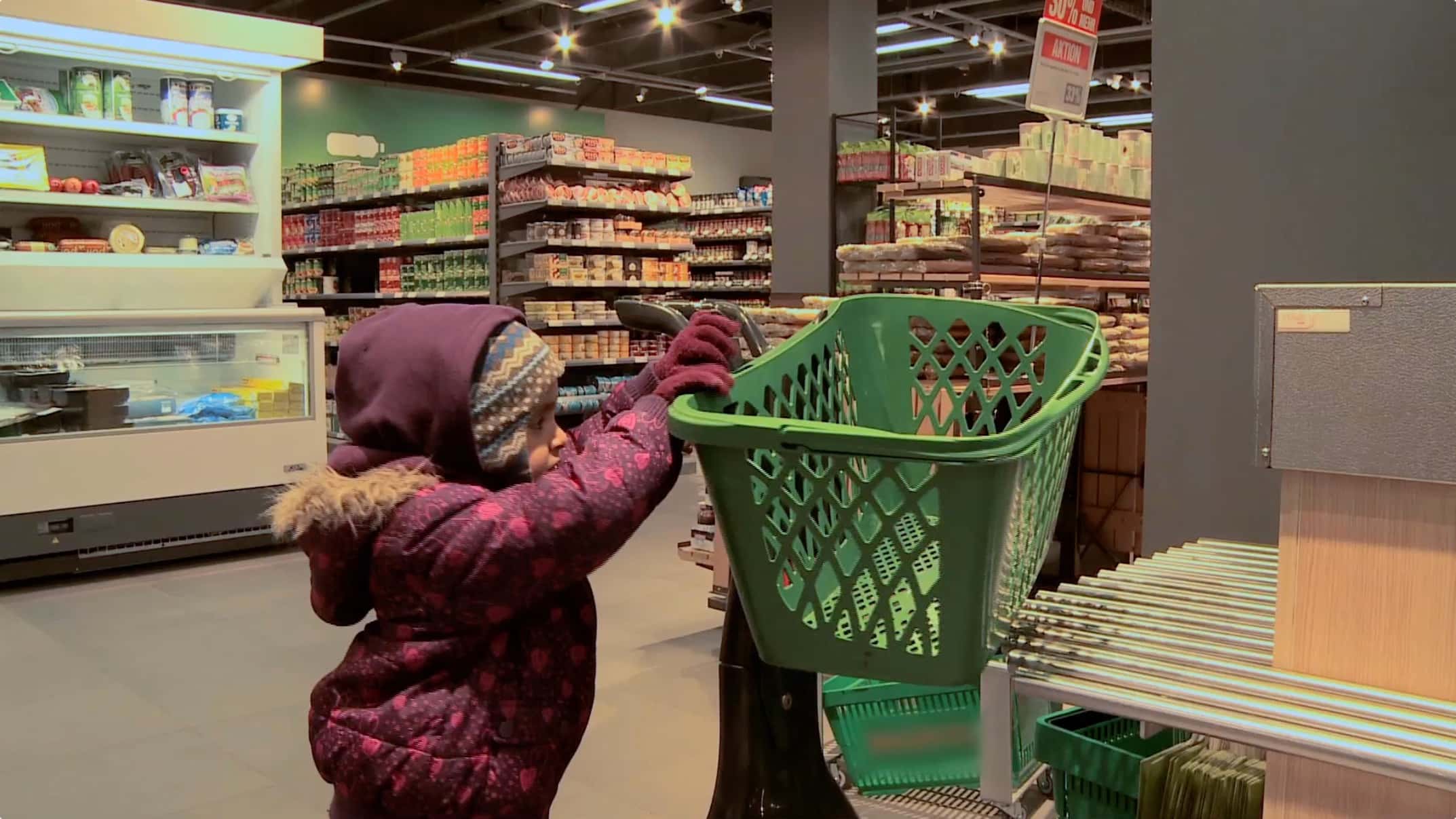
There is no age limit for helping. Children want to contribute to the community and feel that they are valued and capable.
Trailer

A brief explanation often enough for children to resolve a problem on their own. That feeling of self-accomplishment gives them confidence and assurance.
Suitcase

When children know each other well and feel safe, they are tireless in wanting to do many things at once:get along and understend eacb other, asking for help, and offering support.
Candy
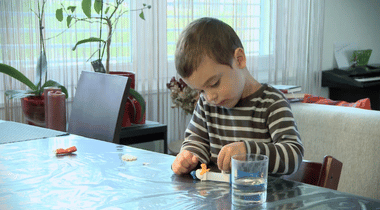
If adults talk to children and encourage them in what they do, children overcome difficult obstacles more easily—through repetition, again and again.
Mountain

The magic formula when helping is this: not too much, not too little. This nurtures children’s independence and builds courage.
Dinosaurs
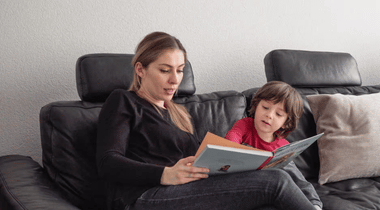
Picture books expand children’s knowledge, spark thinking, and fuel imagination. If books are engaging and age-appropriate, they immediately attract children’s attention. With adult support, they offer rich opportunities for conversation.
Hands
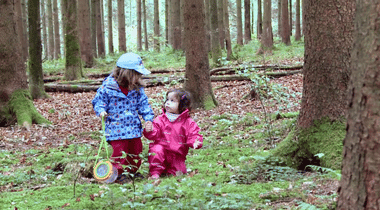
In a group, children learn to solve problems together, empathize, and take responsibility. They look to adults as role models in this process.
Film
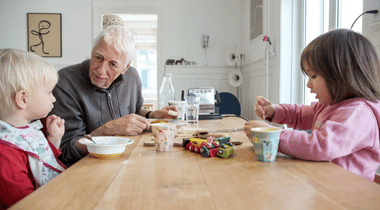
Sharing experiences and exchanging knowledge: It’s joyful when someone listens with interest and truly wants to understand. When adults listen carefully and ask thoughtful questions, they help make conversations meaningful.
Letters
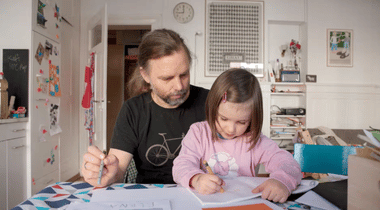
Children encounter writing every day—everywhere. If they show interest, it’s important to guide them into the world of text through playful exploration. Learning letters and numbers through games is fun and engaging!
Key
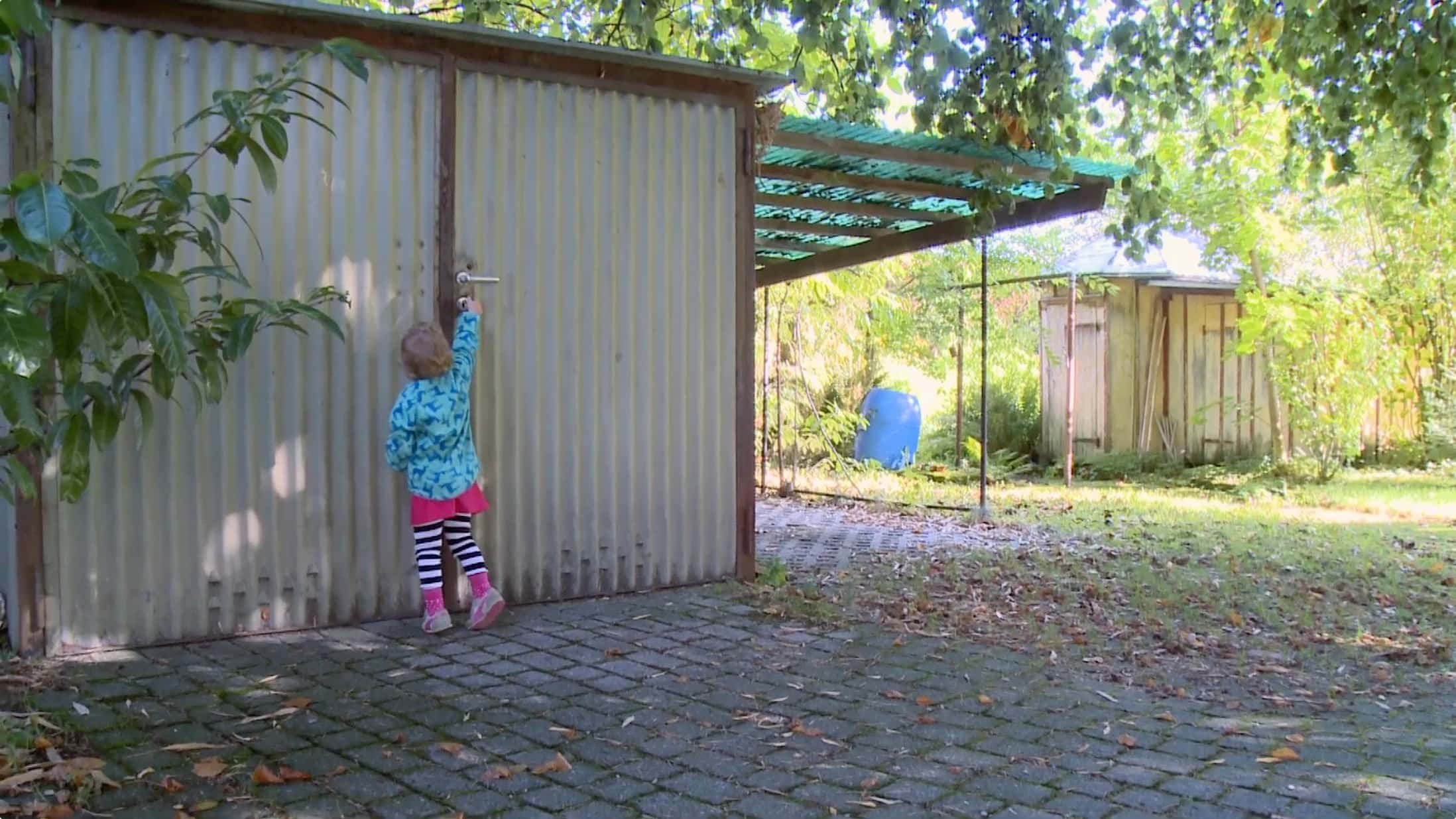
When adults believe that children can overcome something, the children take on the task with confidence.
Chef
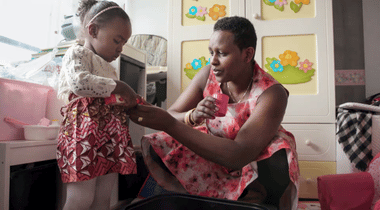
Knowing multiple languages is an opportunity for children. If adults value children’s linguistic talents and take their multilingual abilities seriously, children will be more motivated to develop these skills further.
Bicycle
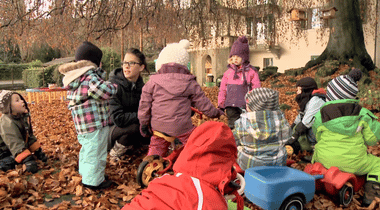
Conflicts are learning opportunities. When adults search for solutions together with children, they offer powerful lessons: how to express and listen, discuss before acting, find compromises—and ultimately, practice democracy.
Laundry
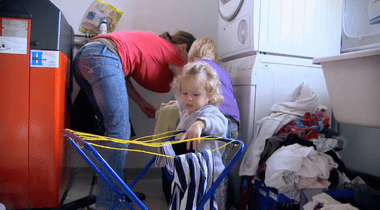
Being involved and doing things together. Children need adults who include them in daily activities and lead by example.
Hole
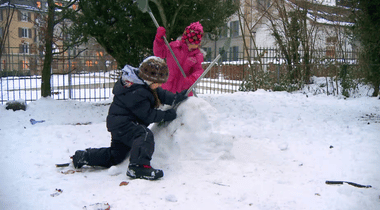
In shared play, children gain their first experiences of cooperation. They learn that working together is more effective, and they develop their own ideas while learning to see things from different perspectives.
Rotating Bowl
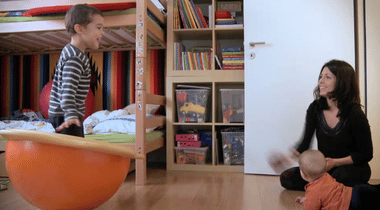
Children can learn many things at once—especially when multiple senses are engaged and they can choose their own activities.
The Way Home
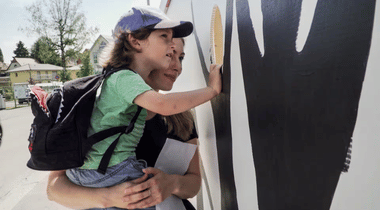
Children can learn and use multiple languages with ease. When languages are linked to specific people and settings, it helps them navigate better. This allows them to explore and engage with different linguistic worlds.
Chatter
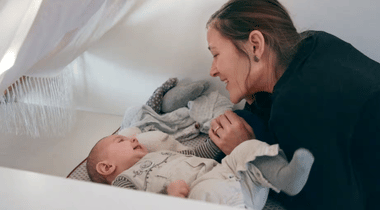
Even newborns want to communicate and be heard. A shared game of sounds and glances forms the first dialogue—and through it, language begins to develop.
Animals
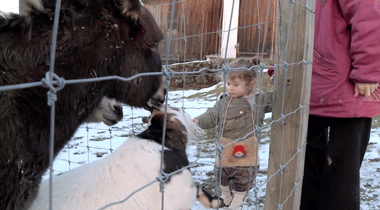
Show me how something is done, so I can try it myself.
Car
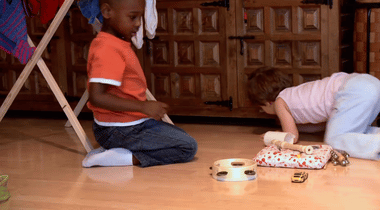
“We can do it ourselves!” Children need opportunities and the trust of adults to feel the joy of success. This sense of trust strengthens and empowers them.
Glass Recycling
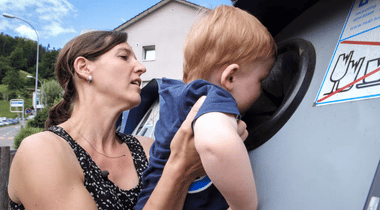
Visuals and symbols spark curiosity. What does the image show? What might it mean? With the help of adults, children gradually learn to interpret visuals and symbols. This understanding forms an important foundation for future use of written language.
Biscuit
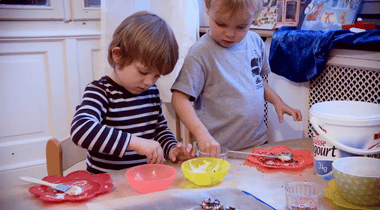
Children need an inspiring environment. This allows them to engage in what interests them, develop their own ideas, and bring those ideas to life.
Socks
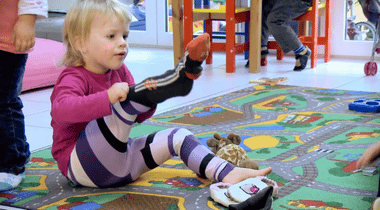
Children need space, time, and resources to accomplish their tasks independently.
Thorns
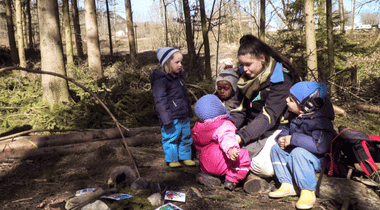
When learning a second language, children may initially struggle to understand others and express themselves. Touches, eye contact, and gestures help. These tools support quick adaptation and a sense of belonging.
World Map
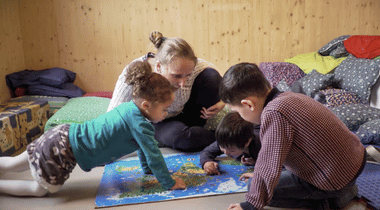
Children want to take part in conversations—by speaking or listening actively. Both ways provide excellent opportunities for language development. Longer conversations flourish with engaged adults who encourage children to join in.
Food pate
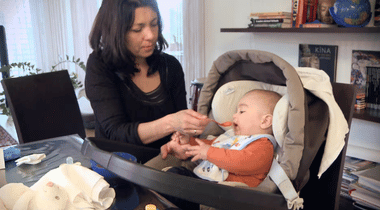
Facial expressions, gestures, touch, and words are all essential parts of communication. They help even very young children learn about their own presence and the effect they have on others.
Gorilla
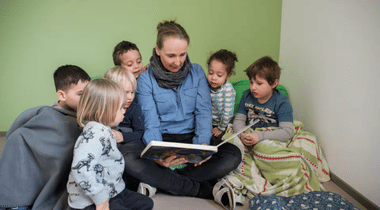
Talking about picture books is highly valuable. Books offer shared experiences and intriguing topics. They encourage children to tell their stories, describe events, and express their own perspectives.
